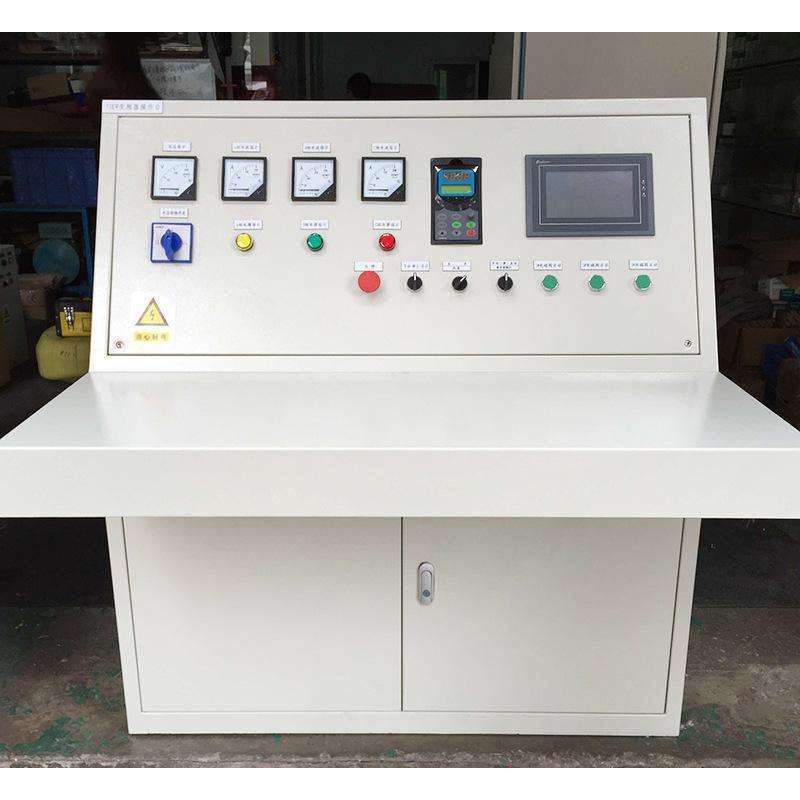
Nov . 21, 2024 20:31
Back to list
natural gas filter separator
Natural Gas Filter Separator Ensuring Clean and Efficient Gas Processing
In the natural gas industry, the need for efficient processing and purification of gas is paramount for ensuring safety and compliance with environmental standards. One critical component of this process is the natural gas filter separator. This equipment plays a vital role in removing impurities and separating liquids from natural gas before it is transported through pipelines or utilized in production processes.
A natural gas filter separator typically functions in two main stages filtration and separation. The filtration stage involves the removal of solid particles such as dust, rust, and other debris that may have accumulated during gas extraction and processing. These contaminants can lead to operational inefficiencies, equipment damage, and increased maintenance costs if left unchecked.
Once the solid particles are filtered out, the next stage is separation. In this phase, the filter separator effectively separates the liquid water, hydrocarbons, and other fluids from the gaseous phase. The presence of these liquids in natural gas can lead to issues such as pipeline corrosion, hydrate formation, and reduced heating value of the gas. By ensuring that these liquids are removed, the filter separator not only protects infrastructure but also enhances the overall quality of the gas.
natural gas filter separator

One of the key advantages of using a natural gas filter separator is its ability to handle varying flow rates and gas compositions. Modern filter separators are designed with advanced materials and technologies that allow for optimal performance across different operational conditions. This adaptability is crucial in an industry where demand can fluctuate due to seasonal changes, market dynamics, and operational challenges.
Moreover, the design of filter separators also emphasizes ease of maintenance and operation. Many units come equipped with features such as automatic drain valves, sight glasses for visual inspection, and easy access for cleaning and servicing. This user-friendly design minimizes downtime and ensures that the gas processing operations remain efficient and reliable.
In addition to improving operational efficiency, filter separators also contribute to compliance with environmental regulations. By effectively removing pollutants from natural gas, these systems help companies adhere to increasingly stringent environmental standards aimed at reducing emissions and protecting natural resources.
In conclusion, natural gas filter separators are essential components in the gas processing industry that ensure the delivery of clean, high-quality natural gas. By effectively filtering out solid contaminants and separating unwanted liquids, these units play a crucial role in maintaining the integrity of gas transport systems, protecting infrastructure, and meeting regulatory requirements. As the industry continues to evolve, the importance of advanced filtration and separation technologies will only grow, highlighting the need for continual innovation and investment in this essential area.
Next:
Latest news
-
Safety Valve Spring-Loaded Design Overpressure ProtectionNewsJul.25,2025
-
Precision Voltage Regulator AC5 Accuracy Grade PerformanceNewsJul.25,2025
-
Natural Gas Pressure Regulating Skid Industrial Pipeline ApplicationsNewsJul.25,2025
-
Natural Gas Filter Stainless Steel Mesh Element DesignNewsJul.25,2025
-
Gas Pressure Regulator Valve Direct-Acting Spring-Loaded DesignNewsJul.25,2025
-
Decompression Equipment Multi-Stage Heat Exchange System DesignNewsJul.25,2025

